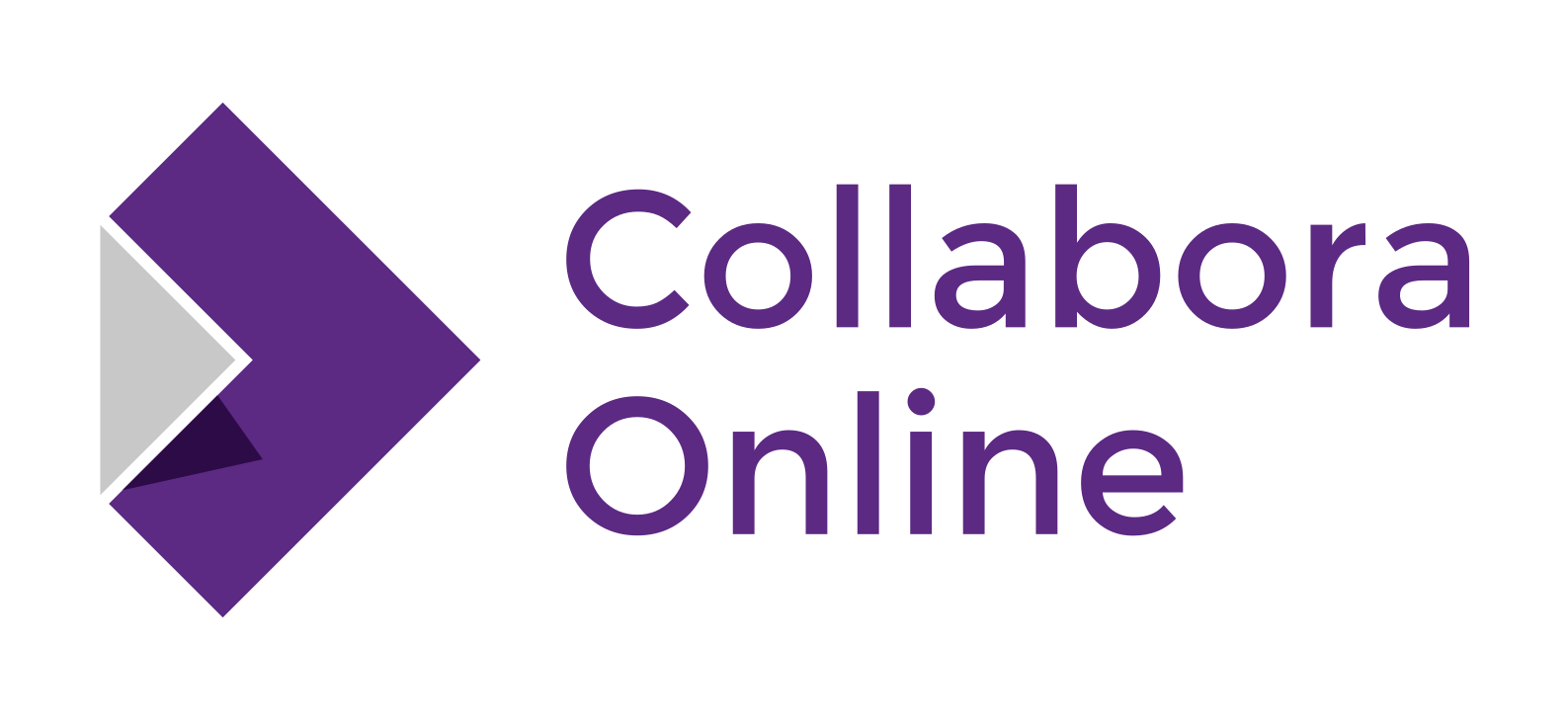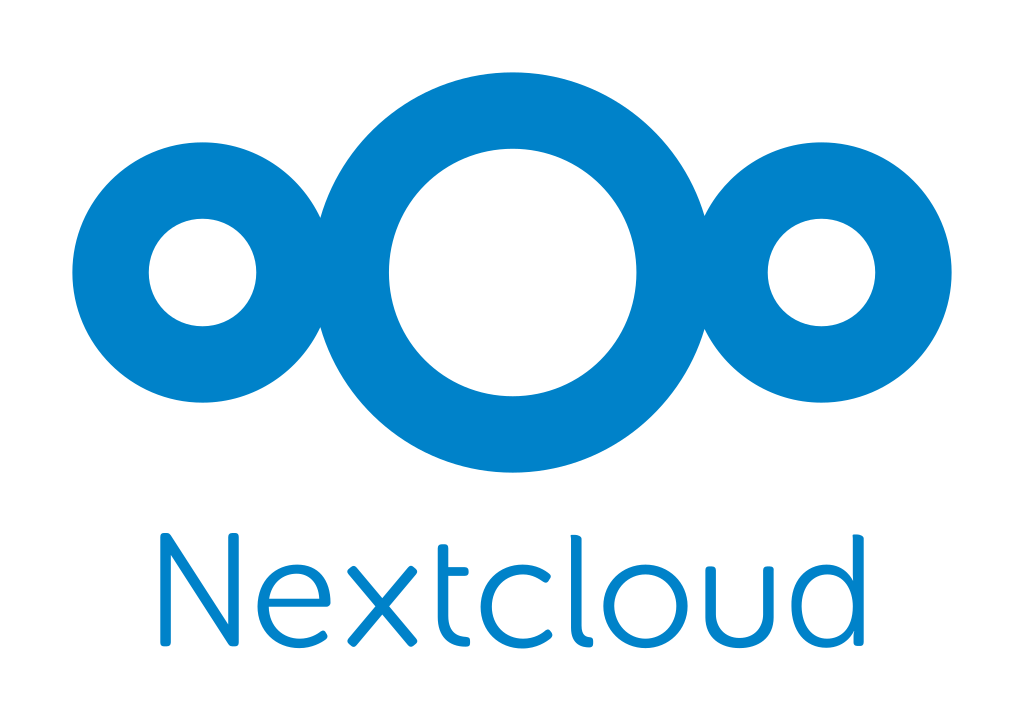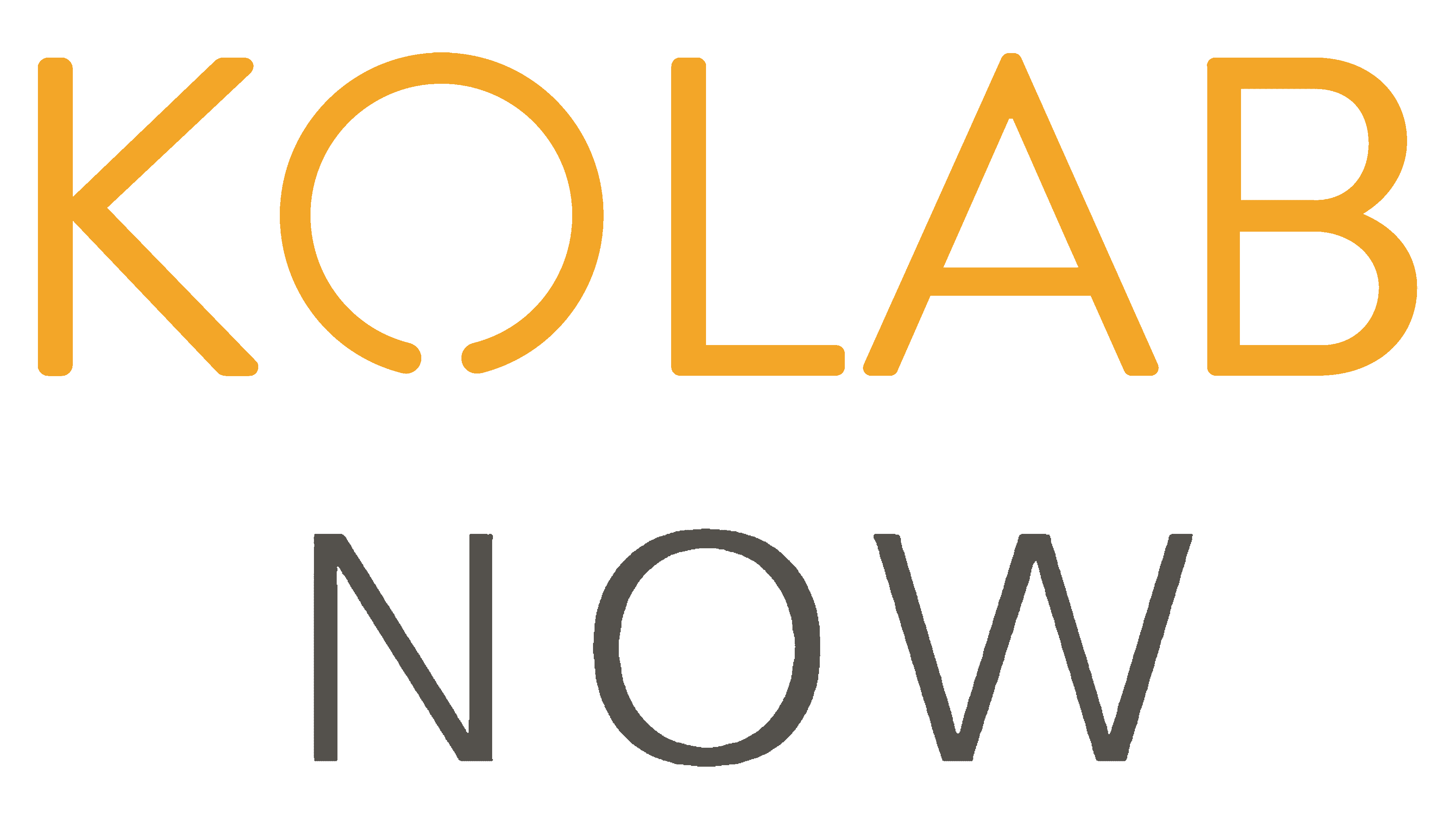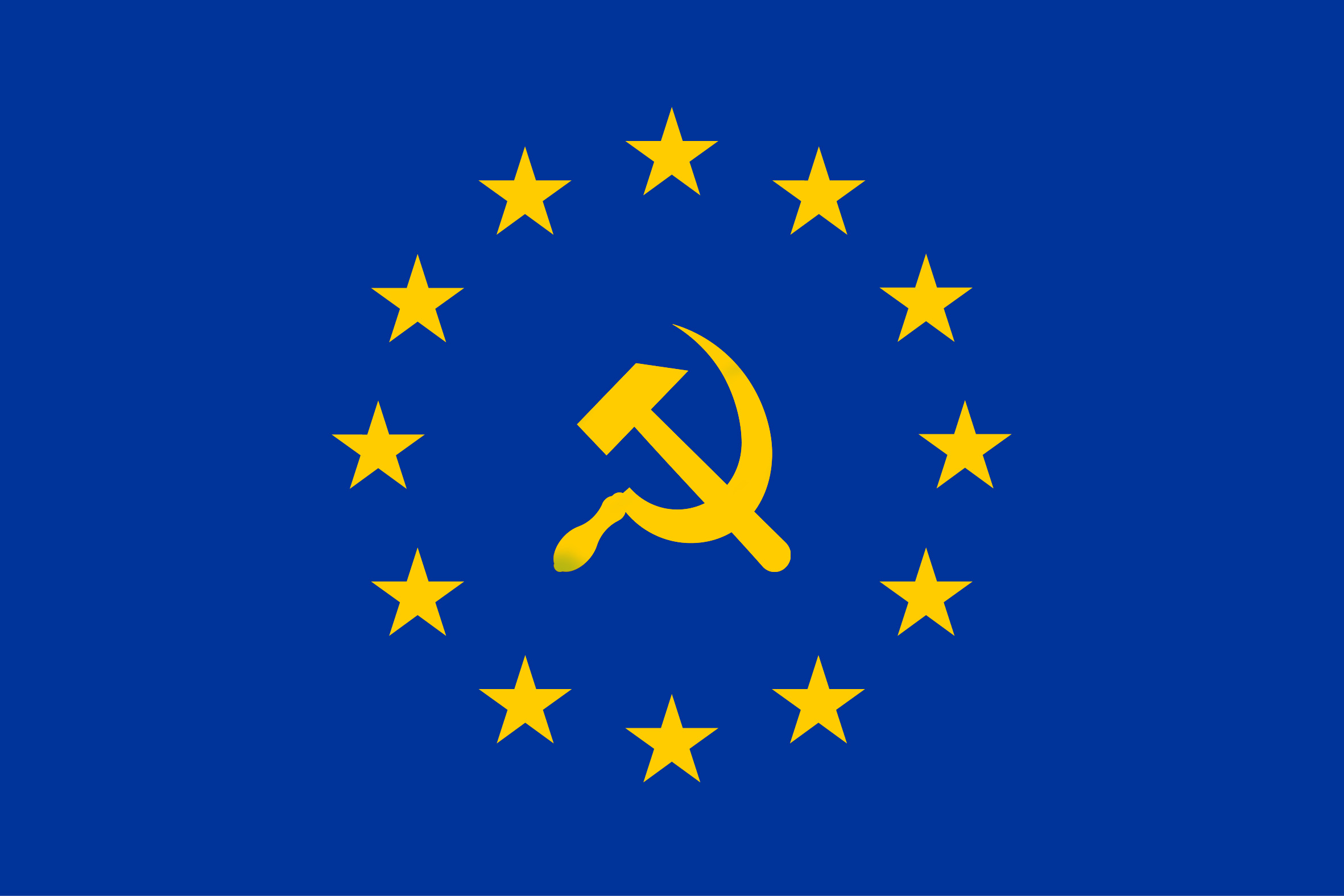Reform in the European Union
The European Union stands at a crossroads, requiring a transformative approach to foster inclusivity, equality, and social justice. Embracing socialist principles, we advocate for a reformed EU that prioritizes the welfare of all its citizens, ensuring fair wages, universal healthcare, and accessible education.
Our vision is of a united Europe where the common good supersedes corporate interests, where environmental sustainability is paramount, and where every individual has the opportunity to thrive. By working together, we can create a society that values cooperation over competition, solidarity over division.
In this reformed EU, economic policies would be oriented towards reducing inequality and promoting social welfare. We envision robust public services funded by progressive taxation, ensuring that the wealthiest contribute their fair share to the common good.
This transformative vision calls for active engagement and participation from all corners of Europe. We must challenge the prevailing systems that perpetuate inequality and environmental degradation. By fostering a culture of civic involvement, we can ensure that policies reflect the collective will and interests of the people.
Education plays a crucial role in this transformation. By investing in education systems that promote critical thinking, creativity, and a deep understanding of democratic values, we can empower the next generation to take an active role in shaping the future of Europe. This investment in human capital will drive innovation, economic growth, and social cohesion.
Additionally, our approach to environmental sustainability is holistic and integrated into all policy areas. From transitioning to renewable energy sources to promoting sustainable agriculture, our policies will ensure that Europe leads the way in combating climate change and protecting our planet for future generations.
Introduction
In today's volatile geopolitical climate, the relationship between Europe and the United States is becoming increasingly strained. From economic protectionism to diverging values on data privacy, trade, and digital rights, Europe finds itself at a critical juncture. The continent must now make strategic decisions to assert its independence in areas traditionally dominated by foreign powers—particularly the digital realm. A cornerstone of this digital independence is the development and promotion of European-based office suite providers. By embracing local alternatives, Europe can safeguard its data, boost regional innovation, and reduce its reliance on unpredictable geopolitical partners.
The Current Landscape
The digital productivity space is dominated by two American giants: Microsoft 365 and Google Workspace. These platforms are deeply entrenched in the workflows of businesses, governments, and educational institutions across Europe. However, their dominance brings significant risks. Beyond the technical convenience, there is a growing concern over data sovereignty, surveillance, and compliance with European data protection regulations, most notably the GDPR. With increasing scrutiny of how non-EU entities handle European data, the need for viable, sovereign alternatives becomes ever more pressing. Europe must cultivate its own technological backbone to reduce this strategic vulnerability and to foster a digital ecosystem grounded in its own values and legal frameworks.
European Alternatives to Global Giants
Fortunately, Europe is not without options. Several EU-based or EU-aligned office suite providers have emerged as serious contenders, offering secure, compliant, and powerful alternatives to U.S.-based solutions. Supporting these platforms is not just a technical decision—it’s a political and economic stance for independence.

ONLYOFFICE
Developed by Ascensio System SIA in Latvia, ONLYOFFICE is a full-featured office suite offering tools for documents, spreadsheets, and presentations. Designed with security and compliance in mind, ONLYOFFICE is built to meet the demands of European users who prioritize data control and regulatory alignment. Its flexibility and compatibility with popular formats make it an attractive choice for organizations transitioning away from American platforms.

Collabora Online
Based on the powerful LibreOffice engine, Collabora Online delivers a comprehensive and privacy-respecting office suite for both private and public sector use. Although headquartered in the UK, Collabora maintains a strong European identity and works closely with EU institutions. Its open-source nature promotes transparency and flexibility, making it a prime candidate for entities aiming to retain control over their digital infrastructure.

Nextcloud Hub
Germany’s Nextcloud has quickly become a flagship example of European digital sovereignty. Integrating seamlessly with BOTH Collabora and ONLYOFFICE, Nextcloud Hub offers a complete collaboration platform—combining file storage, messaging, video conferencing, and productivity tools. Its self-hosting model ensures data remains within the control of the user, rather than a foreign corporation. With widespread adoption by European governments and universities, it embodies the future of secure, independent cloud computing in Europe.

Zoho Workplace
Though headquartered in India, Zoho maintains a substantial operational presence in Europe and adheres strictly to EU data protection regulations. Its comprehensive suite includes email, word processing, spreadsheets, cloud storage, and project collaboration tools. For organizations that value regulatory compliance but are looking beyond the EU for options, Zoho represents a balanced alternative that respects European standards and avoids U.S. jurisdiction.

Kolab Now
Operating under the stringent data protection laws of Switzerland, Kolab Now offers secure email and productivity services tailored to privacy-focused users. Although Switzerland is not part of the EU, its data protection framework is closely aligned, and its reputation for neutrality and confidentiality makes Kolab Now a highly trusted provider. For entities where privacy is paramount—such as law firms, research institutions, and NGOs—Kolab Now provides a solid, European-compatible foundation.
Political Tensions: The Trump Factor and Transatlantic Strains
The return of Donald Trump to the U.S. presidency has exacerbated long-standing tensions between the United States and Europe. His administration has revived an aggressive approach to trade and international diplomacy, often treating allies as adversaries in pursuit of nationalist economic goals. This includes increased pressure on digital services and renewed efforts to extend U.S. legal jurisdiction over foreign entities, especially in matters of data access and surveillance.
European leaders have raised concerns about the lack of predictability and mutual respect in transatlantic relations under Trump. With the U.S. exerting greater influence over digital infrastructure—including cloud platforms, communications, and productivity tools—Europe finds itself vulnerable to political and legal shifts in Washington. The threats are no longer hypothetical; they are active and evolving. If Europe continues to depend on foreign-controlled platforms, it risks ceding control over not just its data, but its strategic autonomy.
Why Europe Must Take Control
Digital independence is no longer a theoretical debate—it is a matter of urgency. Europe must invest in and prioritize the development of its own digital infrastructure, just as it does with energy, defense, and critical supply chains. By fostering a vibrant ecosystem of European tech companies, the continent can ensure that its legal standards, cultural values, and economic priorities are reflected in the tools its citizens and institutions use daily.
Governments have a key role to play through public procurement policies, subsidies, and regulatory support. Businesses, too, must consider the long-term strategic implications of their software choices. Consumers and organizations alike have the power to drive change by choosing solutions that keep their data in Europe, managed by providers who are accountable to European laws—not foreign governments or corporations.
Conclusion
Europe stands at a critical crossroads. It can continue down the path of dependency, or it can forge a new trajectory of sovereignty, resilience, and innovation. European office suite providers represent more than just alternatives to American software—they symbolize a commitment to self-determination in the digital age. By embracing these tools, Europe can protect its citizens’ data, stimulate its own economy, and stand tall in a rapidly shifting geopolitical landscape. The time to act is now.
Call to Action
We call on European governments, companies, institutions, and citizens to support local technological solutions. Prioritize European-made office suites. Invest in platforms that respect our data, our laws, and our values. Challenge the dominance of foreign tech giants by adopting tools that reflect European interests. Together, we can build a digitally sovereign Europe—secure, competitive, and free from external dependency.





